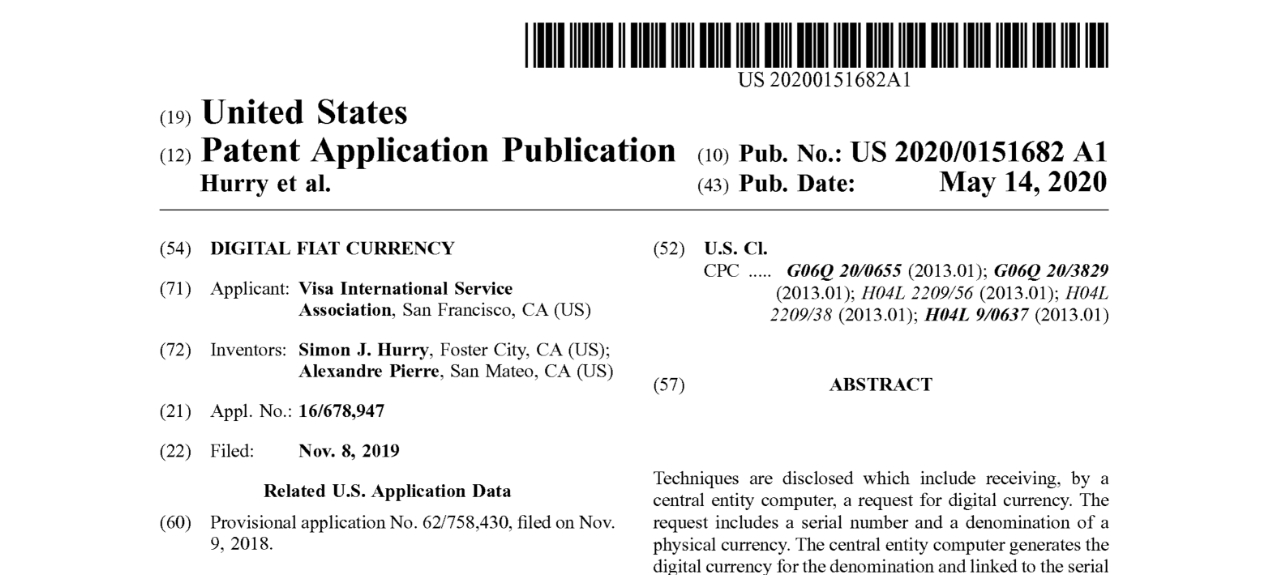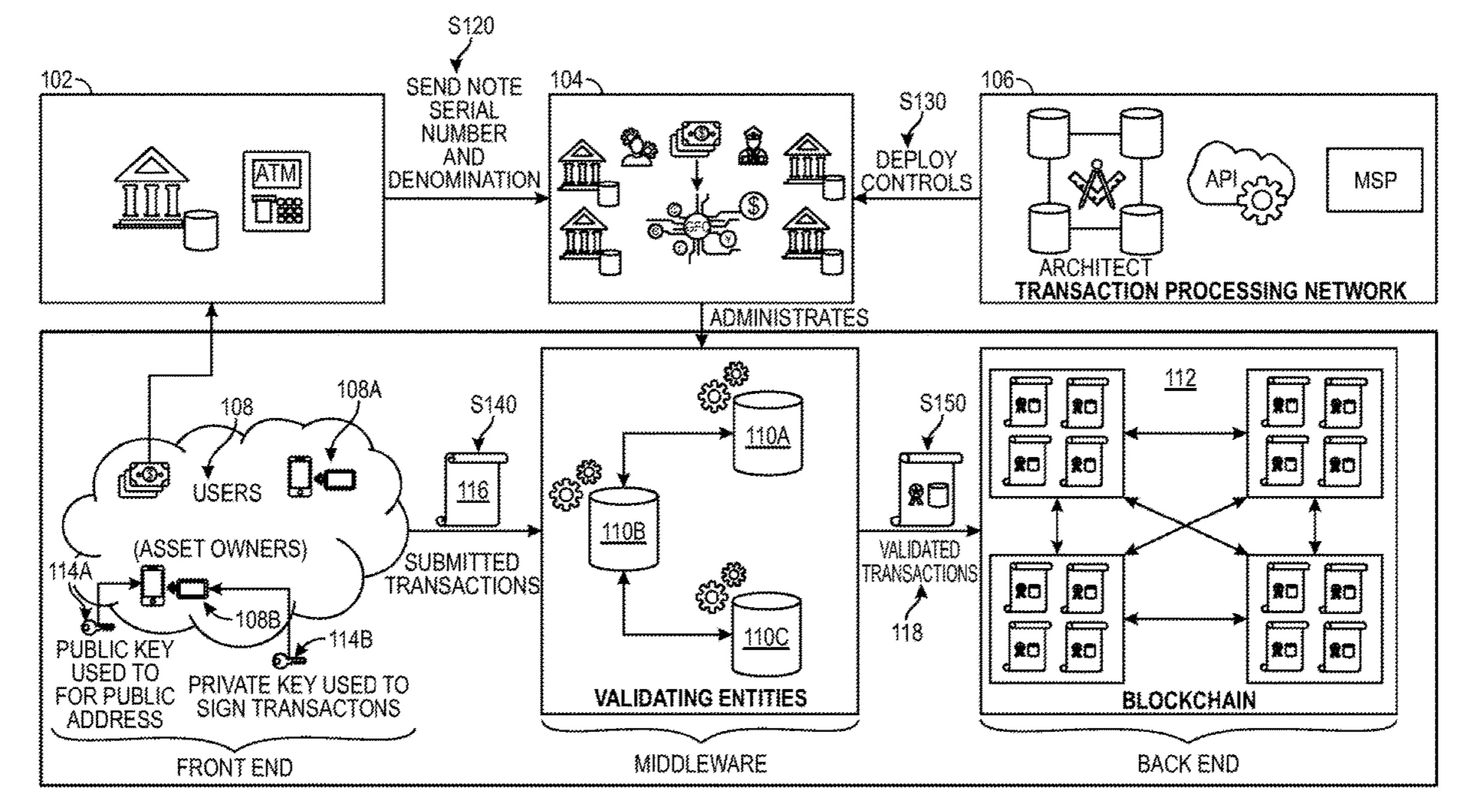Le ministère de l’énergie ukrainien envisage d’exploiter l’excès d’énergie produit par ses centrales en minant de la crypto-monnaie. L’Etat estime qu’un tel usage du digital pourrait constituer une source de création de richesse.
Un très grand nombre de pays dans le monde sont actuellement en confinement en raison de l’épidémie de Covid-19. Cette situation entraine une chute de la consommation d’énergie. Entre le 23 mars et le 19 avril, elle a ainsi plongé de 16% en France.
En Ukraine également, le confinement se traduit par une baisse de la consommation. Et cela débouche sur des excédents d’énergie, non exploités. Les autorités du pays réfléchissent donc à des moyens de monétiser ces surplus.
Consommer les surplus d’électricité pour le minage
Pour le ministère de l’énergie, qui a publié un billet sur Facebook, le crypto-mining pourrait constituer une piste sérieuse, au-delà de la crise du Covid-19. L’Etat souhaite en effet lutter contre le gaspillage d’énergie, notamment au travers du développement du numérique.
Pour transformer ce « passif » en « actif », le ministère ukrainien suggère donc d’utiliser le surplus d’électricité pour le minage de crypto-monnaie. « Cela permettrait non seulement de maintenir la charge garantie sur les centrales nucléaires, mais aussi de s’assurer que les entreprises peuvent attirer des fonds supplémentaires » justifie-t-il.
« Cela ouvrirait la voie à une économie fondamentalement nouvelle, à de nouvelles approches, à un nouveau modèle de marché » poursuit le gouvernement ukrainien. D’après une information de la presse russophone, le ministre a saisi le principal fournisseur d’énergie du pays à ce sujet.
L’entreprise publique Energoatom doit ainsi étudier les moyens potentiels de mettre en œuvre du crypto-minage dans les installations de production d’énergie nucléaire du pays d’ici le 8 mai. Ce serait une première pour un Etat.
Une centrale électrique américaine reconvertie dans le crypto-mining
Une première pour le gouvernement, mais pas pour une centrale nucléaire ukrainienne. En effet, en 2019, une enquête révélait que des employés indélicats d’un tel site sensible minaient de la crypto-monnaie grâce aux ressources de la centrale.
D’autres épisodes comparables ont défrayé la chronique ces dernières années, souvent sur des sites disposant d’une importante puissance de calcul. En février 2018, les autorités russes interpellaient des ingénieurs du Centre nucléaire russe. Ceux-ci détournaient un supercalculateur afin de miner.
La même année, c’est le Bureau de météorologie australien qui constatait un délit comparable impliquant des employés. Cointelegraph rappelle cependant que des centrales électriques ont déjà été exploitées à des fins autorisées de minage de crypto-monnaie.
En mars, une société privée basée aux Etats-Unis a développé cette nouvelle activité. Le crypto-mining lui permet ainsi de dégager pour 50.000 dollars en Bitcoin chaque jour grâce à la puissance de calcul de ses infrastructures et l’accès direct à une source d’énergie.










